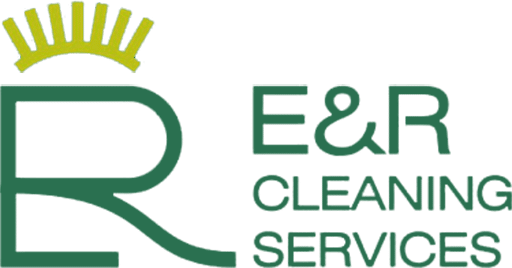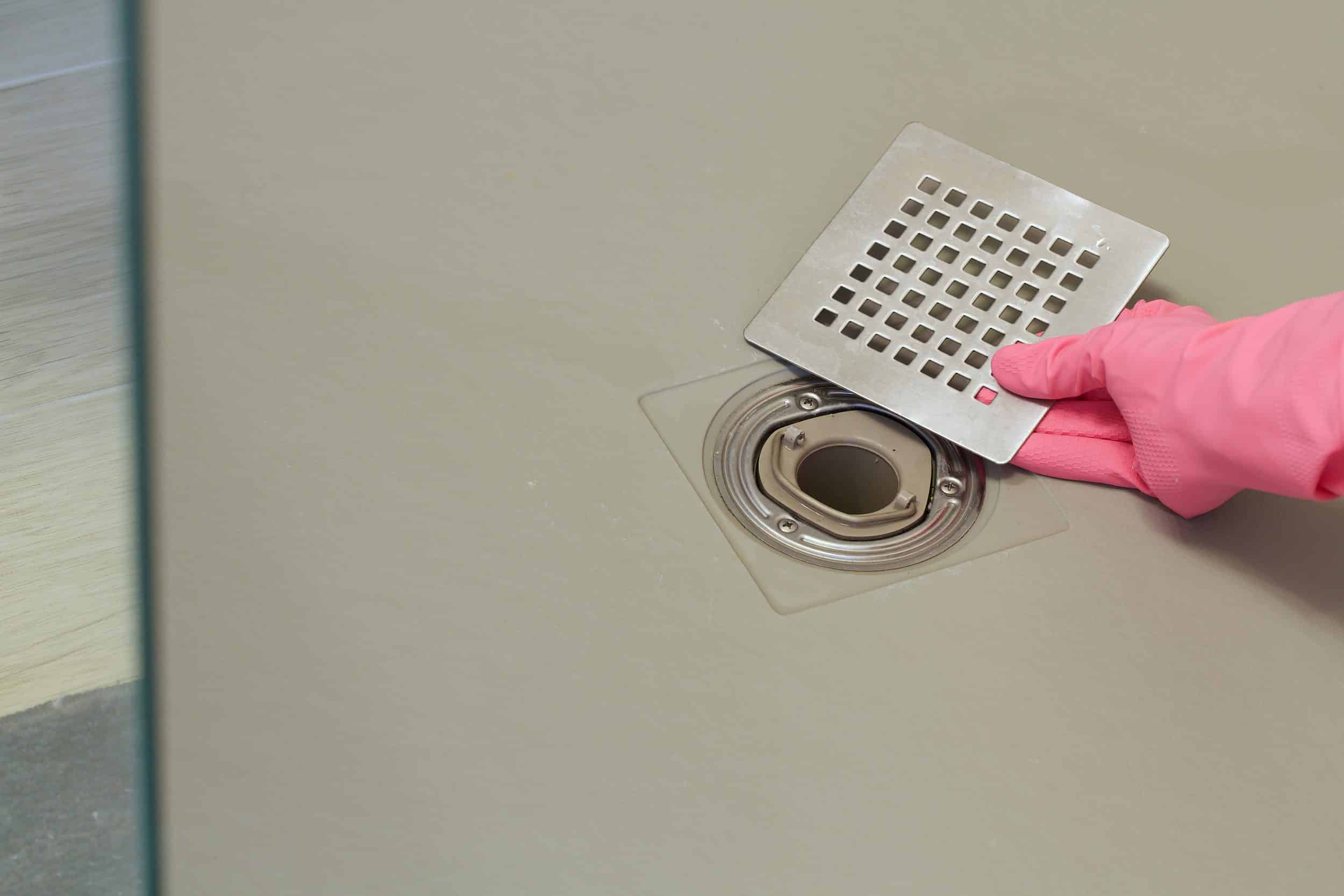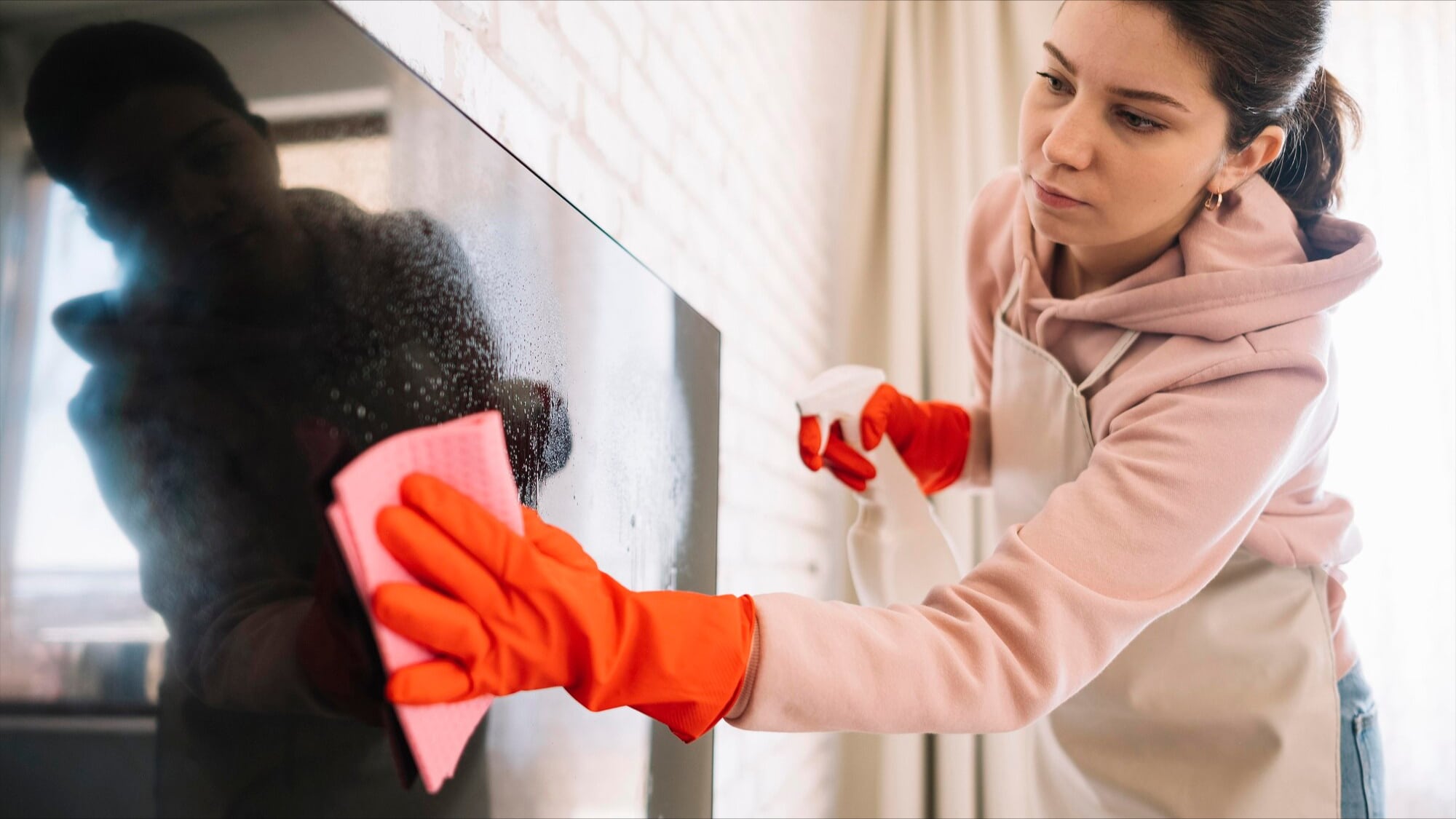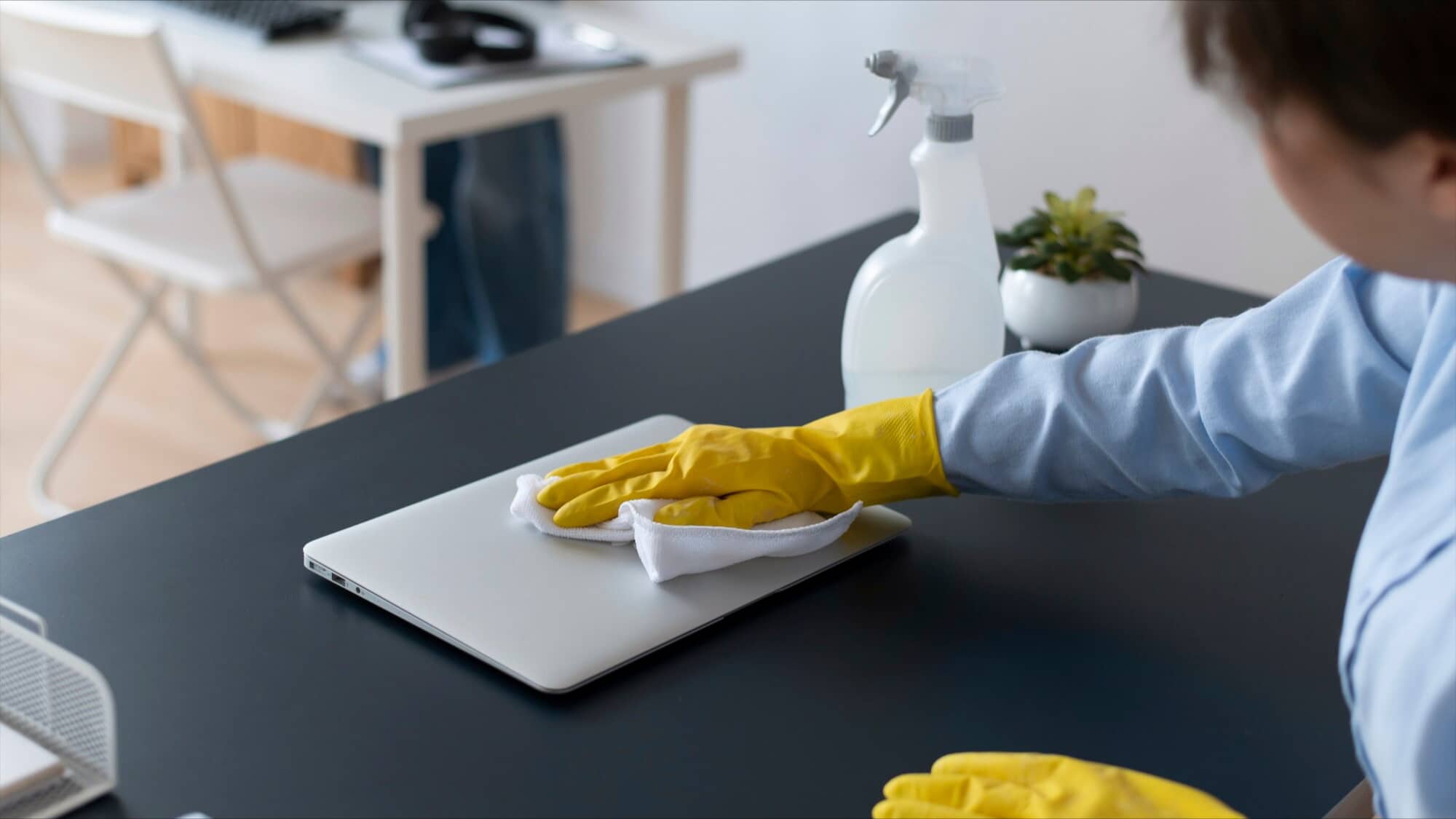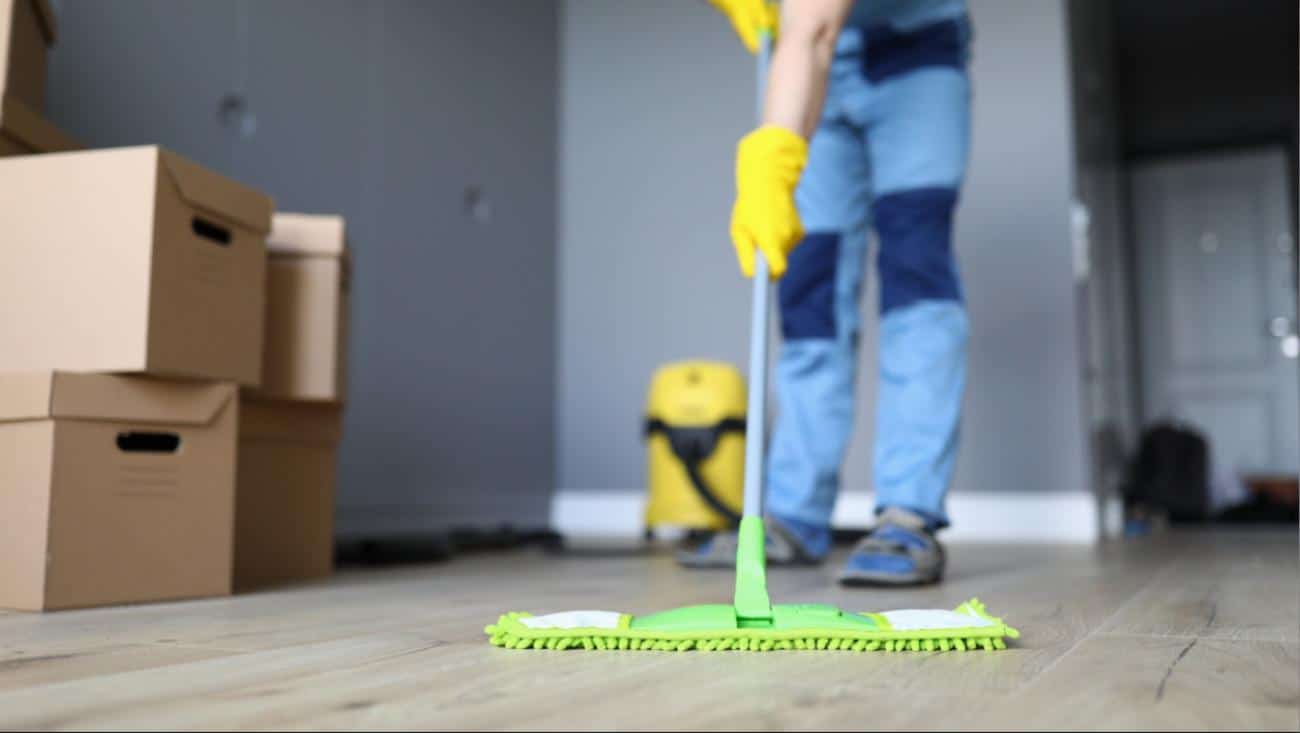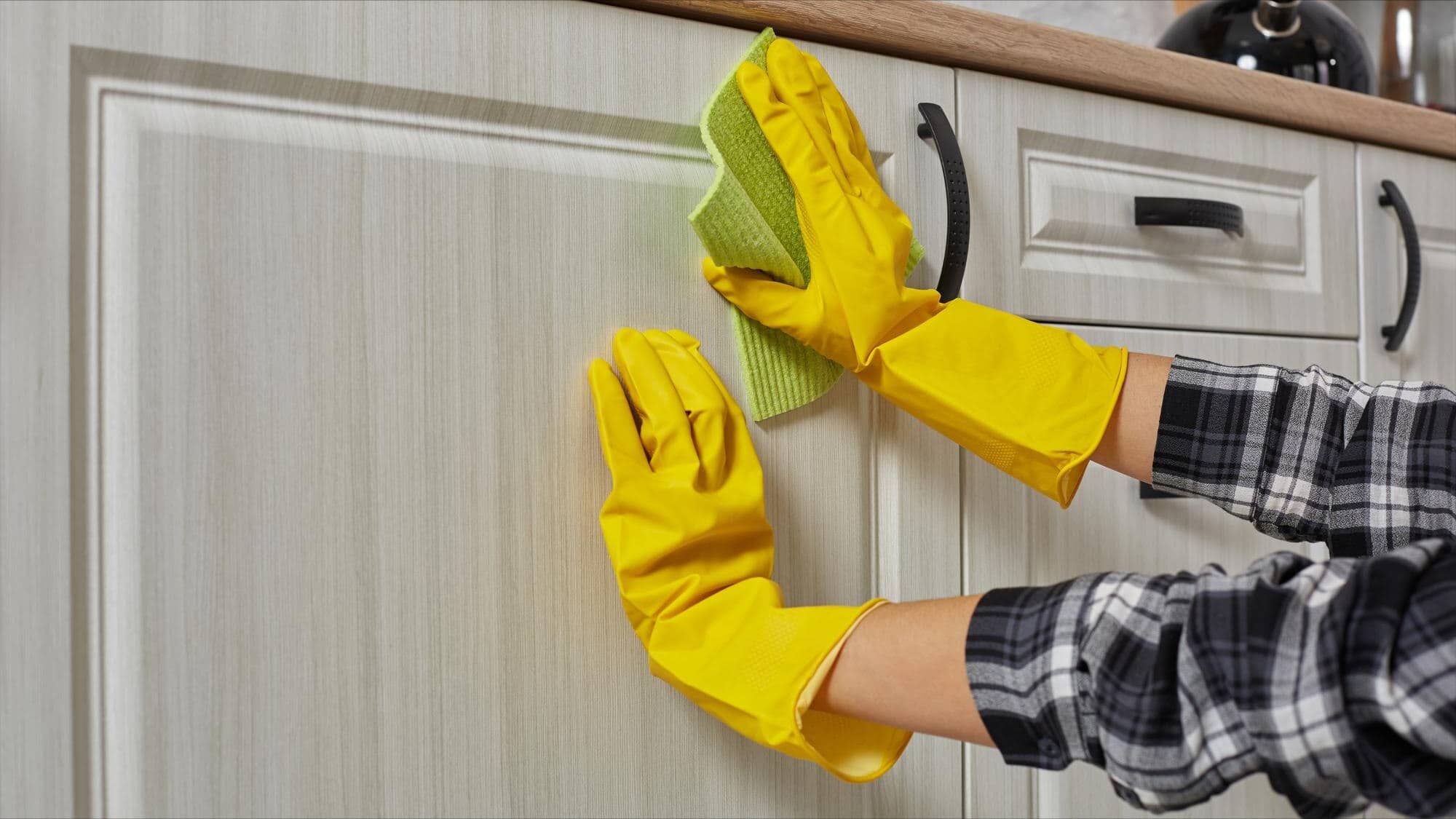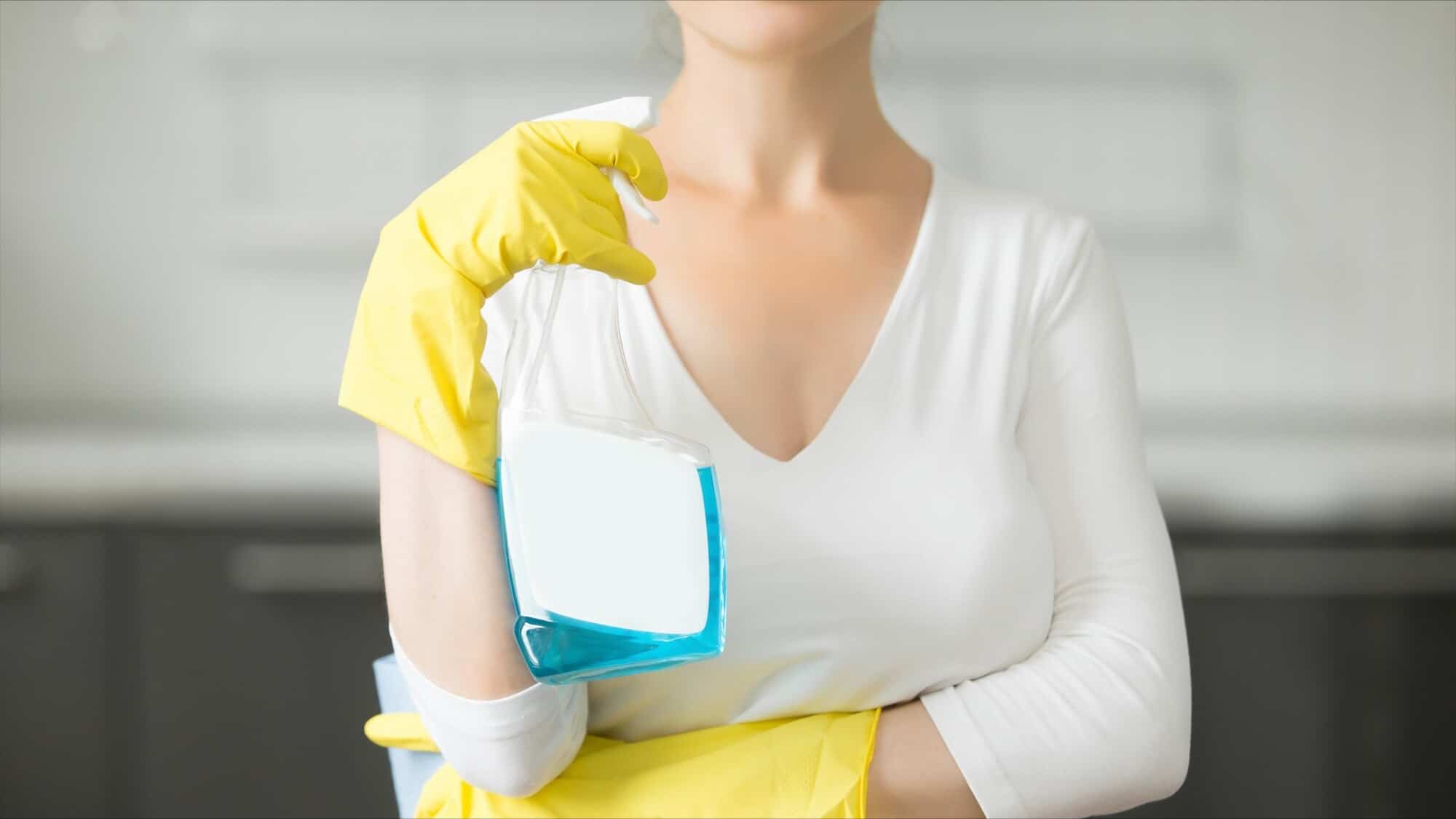A clogged shower drain is a common and frustrating problem. The slow drainage and standing water are clear signs that a blockage is forming. Luckily, you don’t always need to call a plumber. Most clogs can be fixed with a few simple household items and some manual effort.
Common causes of shower drain clogs
The main culprit behind a clogged shower drain is usually a combination of hair and soap scum. Hair gets tangled and acts as a net, catching other debris like shampoo residue, conditioner, and body wash. This mixture forms a sticky, greasy mess that gradually restricts the flow of water until the drain is completely blocked.
Step 1 – Remove hair and debris manually
Before you try any solutions, a little elbow grease can go a long way. Put on a pair of rubber gloves and use a bent wire or a specialized drain-clearing tool to reach into the drain opening. Pull out as much hair and gunk as you can. This manual removal is often the most effective step for addressing the main cause of the clog.
Step 2 – Use baking soda and vinegar mix
This classic DIY solution is a great natural alternative to harsh chemicals.
- Pour about 1/2 cup of baking soda down the drain.
- Follow it with 1/2 cup of white vinegar. You will see a fizzing reaction, which is a good sign—it means the mixture is working to break down the gunk.
- Cover the drain with a cup or a cloth to force the reaction downwards and leave it for at least 30 minutes. The longer you wait, the more effective it will be.
Step 3 – Flush with boiling water
After the baking soda and vinegar have had time to work, it’s time to flush the drain. Carefully pour a kettle or pot of boiling water down the drain. The hot water will help to loosen any remaining debris and push it through the pipes.
Store-bought vs. Natural drain cleaners
- Natural Cleaners (Baking Soda & Vinegar): These are a safe, eco-friendly option. They are non-corrosive and won’t harm your pipes, making them ideal for minor clogs and regular maintenance.
- Store-Bought Cleaners: Chemical drain cleaners can be powerful, but they often contain harsh chemicals that can be harmful to you and your plumbing if used improperly or too often. Use them only as a last resort and be sure to follow all safety instructions.
When to call a professional plumber
If you’ve tried these DIY methods and the clog persists, it might be a sign of a more serious problem deeper in your plumbing system. In this case, it’s best to call a professional plumber. They have the tools and expertise to safely diagnose and clear the blockage without causing damage to your pipes.
